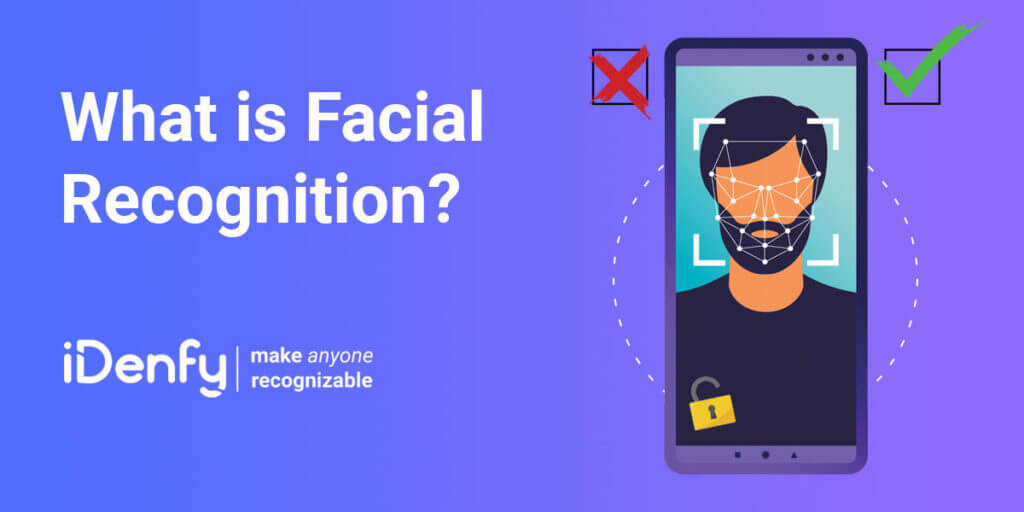Blog
Identity Verification Blog
July 20, 2020
What is Facial Recognition? Definition, Trends, and Identity Verification Industry Insights
Facial recognition technology uses algorithms to analyze a person’s face, allowing it to identify and connect the unique geometry and features of the person’ individual identity.

July 14, 2020
How to Spot a Fake ID & Protect Your Business from it
Identity documents play a crucial role in both our professional and personal lives. But with the mass use of AI, more advanced methods of creating counterfeit IDs and all sorts of fraudulent increases. This post will guide you on how to spot a fake ID by combining technology and human efforts.

July 7, 2020
Meet the Newest Family Member: Ripon Bhowmik
iDenfy welcomes Ripon Bhowmik, a business development professional. Ripon serves as the Director of Business Development in the South Asia Region.

June 29, 2020
What is Cryptocurrency? Key Facts & Security Tips
More and more people are investing in digital currencies, and some are also looking to launch their blockchain-based projects. But what about security? We go into more detail about identity verification in the crypto market.
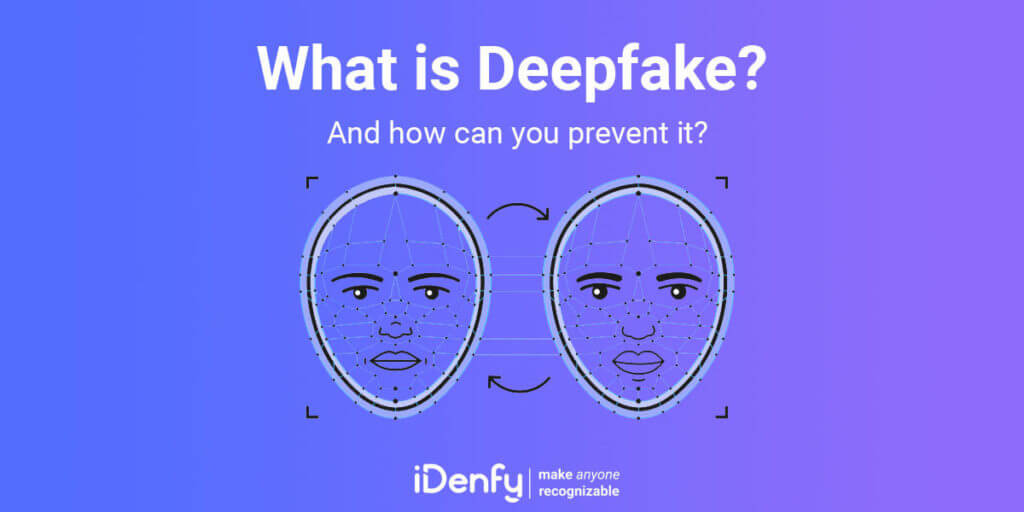
June 22, 2020
Deepfake Technology: What Are These Fake AI Videos?
You know what they say? Eyes don’t lie. But when it comes to deepfake technology, they definitely can. Learn how to spot artificial intelligence and its fraudulent fruits, aka deepfakes.
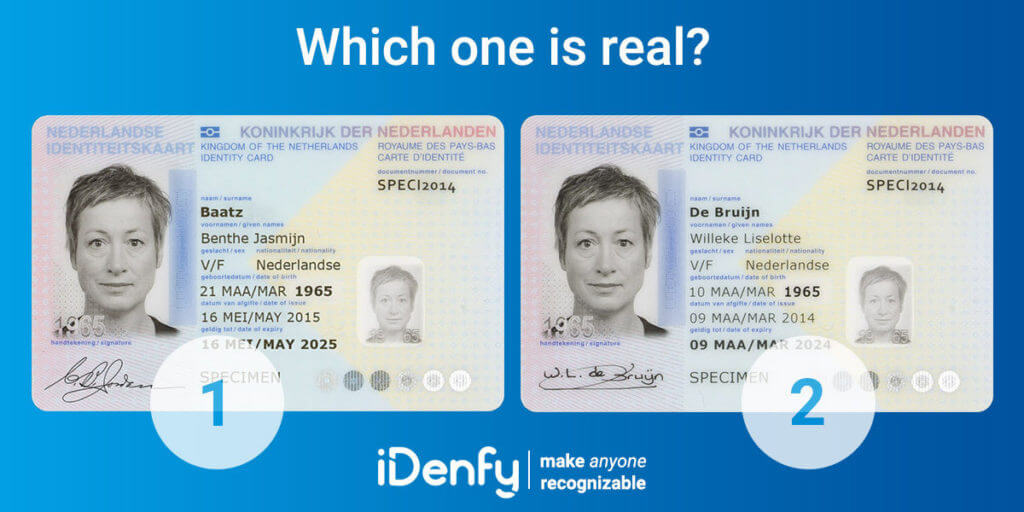
June 5, 2020
How to Detect Image Manipulation During Identity Verification?
Image manipulation in identity verification has become a significant concern for businesses across the globe. In this post, we will find out what exactly is image manipulation, and how technologies like AI, CNN, and Special CV filters can help us detect this manipulation.
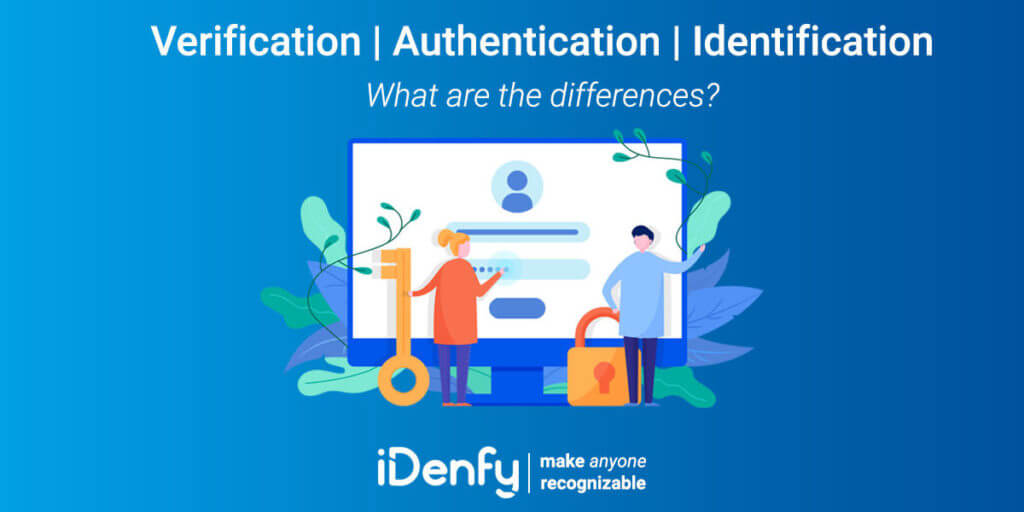
May 27, 2020
Identity Verification vs Identity Authentication: The Key Differences Explained
The terms identity verification and identity authentication are often used interchangeably. In this post, we’ll explore these processes, their roles, and how each Know Your Customer (KYC) measure can benefit different businesses.
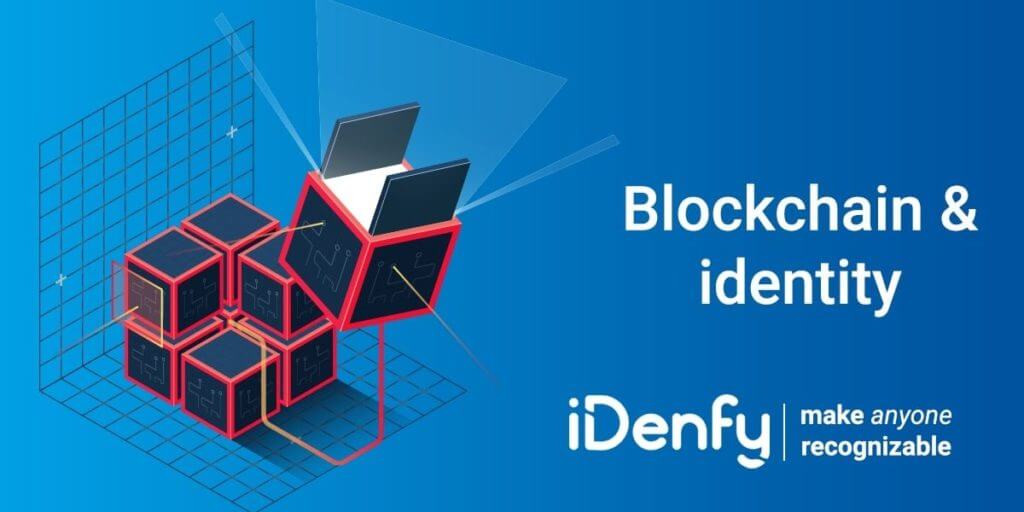
May 12, 2020
Blockchain Technology and Identity Management: What it is, and How it Works
This blog will guide you on what exactly blockchain technology is, and how it can give power to identity management.
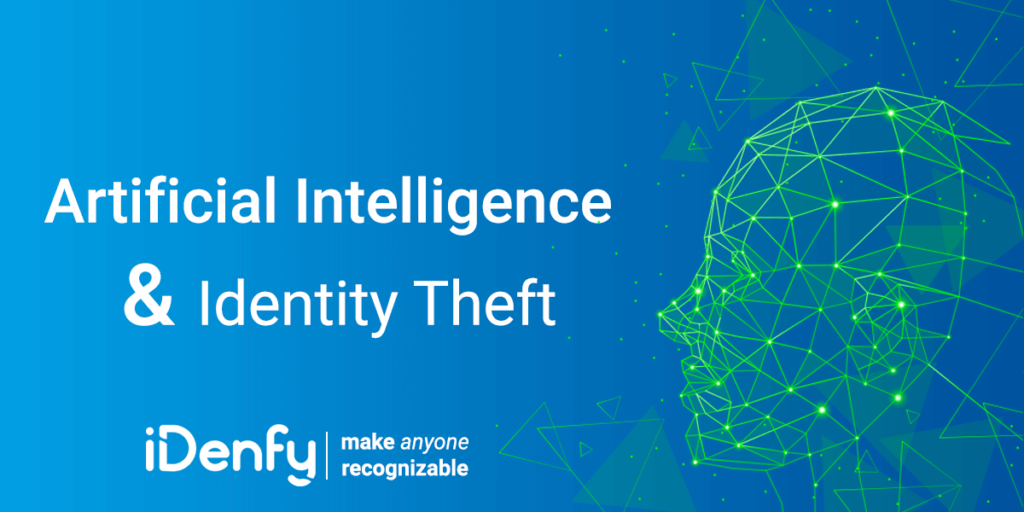
May 3, 2020
Artificial Intelligence (AI) and Identity Theft: What it is and Why it Matters
Identity theft is a rising issue, but like many things, it has a solution. This article will guide that artificial intelligence (AI) and machine learning are ideal ways to minimize identity theft risk.
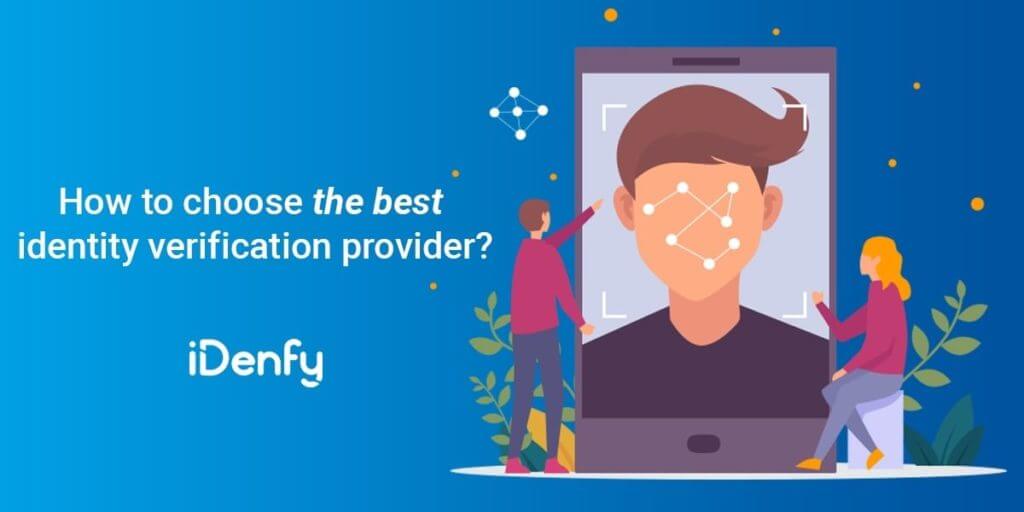
April 27, 2020
How Do You Select the Best Identity Verification Provider?
How do I select the best identity verification provider for my company? What can they offer for my business? Primarily, they provide a platform for businesses to onboard customers remotely. They can also help minimize fraudulent practices, a consequence of which is the mitigation of risks that crop up during online transaction processing.

April 19, 2020
What is a Spoofing Attack? Prevention with Liveness Detection
Spoofing involves deceptive practice in which cybercriminals pretend to be trusted entities or devices to manipulate users into taking actions that benefit them. That’s why whenever an online scammer conceals their true identity by impersonating something else, it counts as a spoofing attack. Read more.
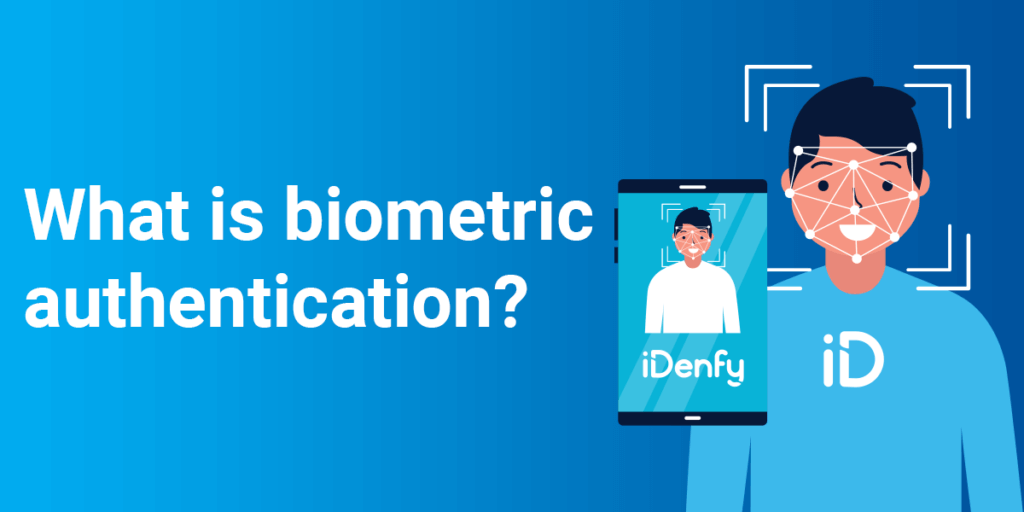
April 14, 2020
What is Biometric Authentication? Definition, Examples, and Identity Verification Comparison
Discover how advanced verification technology works and understand how biometric authentication collects biometric data from an individual to compare it with the records of a specific device or secure area they are attempting to access.
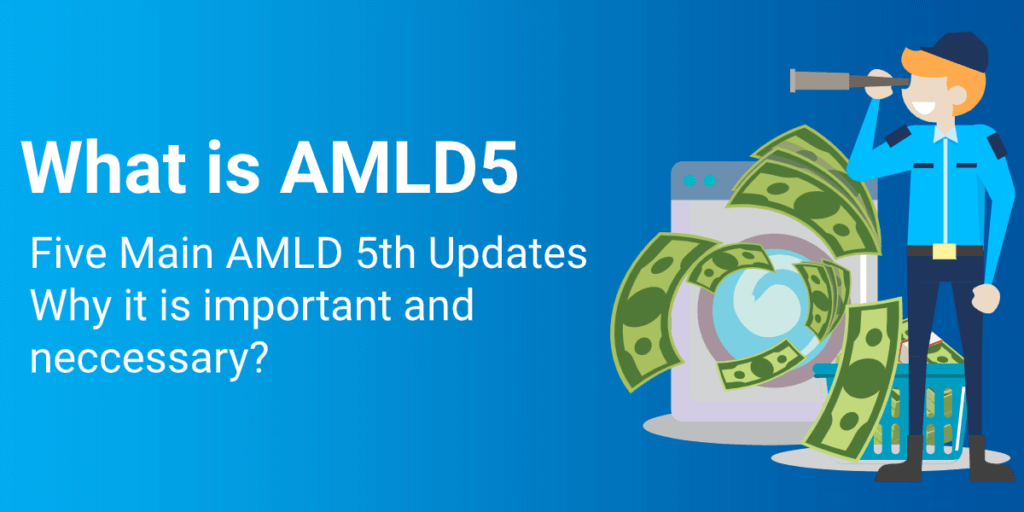
What is AMLD5? The 5th Anti‑Money Laundering Directive
On 19 April 2018, the European Parliament adopted the 5th Anti‑Money Laundering Directive. Read more.
